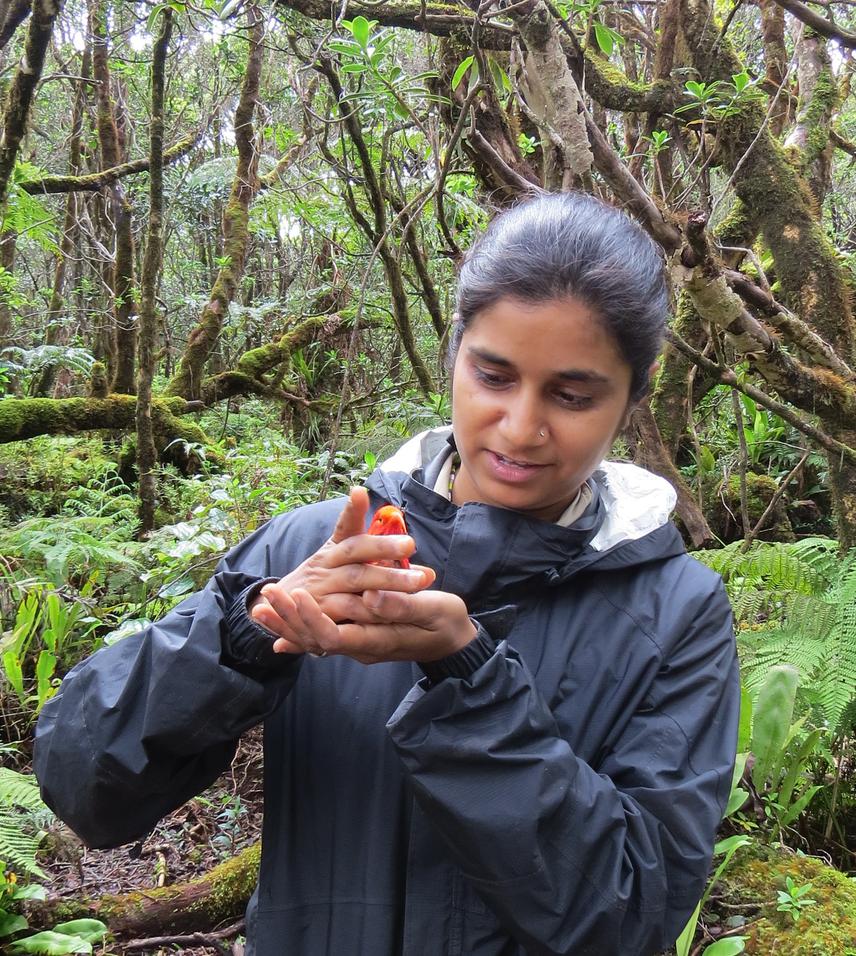Monica Kaushik
Other projects
27 Nov 2018
Role of Urban Green Spaces for Conservation of Bird Diversity in the Rapidly Urbanizing Capital of Himalayan State of Uttarakhand, India
Free-ranging cats are established to affect the bird community structure and composition through studies conducted in the United States (Loss et al. 2013), China(Li et al. 2021), Finland (Kauhala et al. 2015), and Bristol, UK (Baker et al. 2008). According to these studies cats kill between 1.3-5.5 billion birds annually, and cat predation might explain part of the drastic decline in the global bird population. For example, Loss et al. (2013) estimated the number of birds killed by free-ranging cats between 1.3-4.0 billion annually, and a recent study from China report puts that number at 5.52 billion birds per year.

In India, we are not aware of any study conducted to estimate the rate of predation by free- ranging cats yet. Therefore, our study in the bird-rich city of Dehradun, Himalayan foothills, will examine the predation pressure of free-ranging cats on resident and migratory birds. This study will be crucial to ascertain if cat predation is a serious concern and which bird species are more vulnerable to predation (i.e., nest location, body size, flock versus solitary). We will also examine the factors responsible for variation in cat predation intensity across UGS. We will use the information on cats (gender, age, diet, feeding frequency, etc.) and their location (access to the green areas) to build models for estimating the predatory risk profile for UGS. McDonald et al. (2015) reported that younger cats spent more time outdoors, and those closer to farmland hunted more frequently. We will use our project findings to sensitize the cat owners, green space managers, and users about this looming threat to the bird diversity of the study area.
Our study depends immensely on the support from the pet parents as they would report the animals hunted by their cats and provide faecal samples for the diet analysis. We will also conduct the bird walks in the study area to discuss the value of urban birds and the silent threats looming on urban wildlife including free-ranging cats.